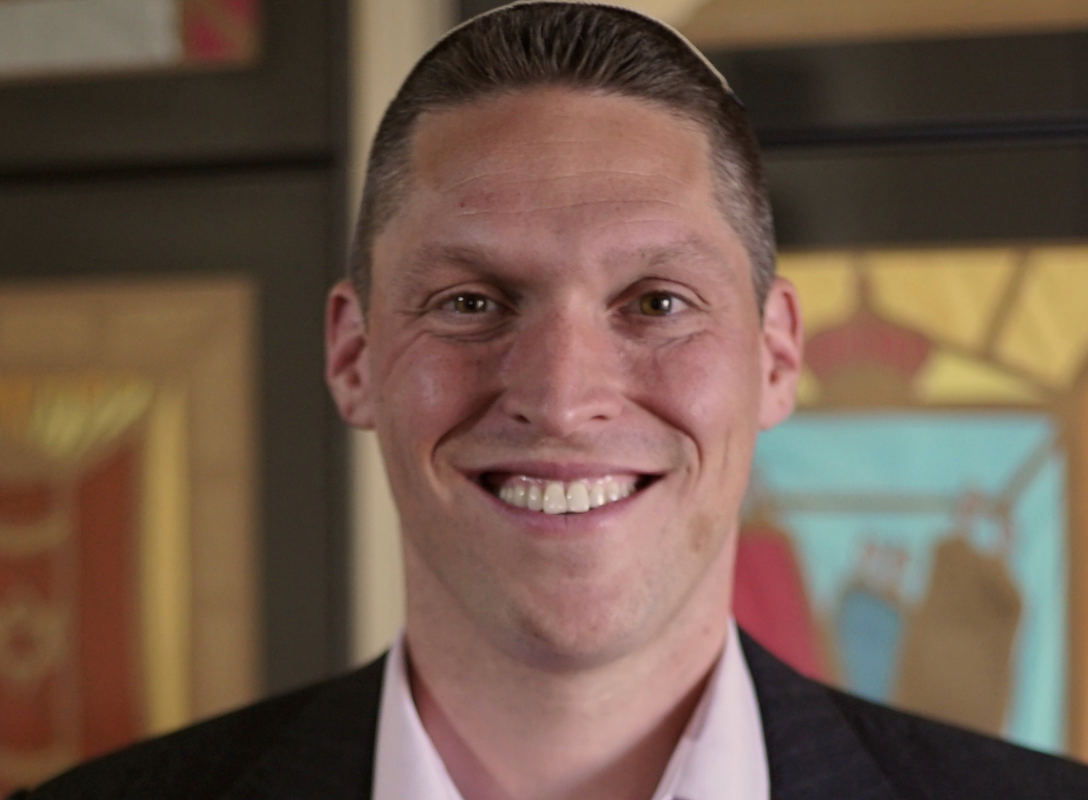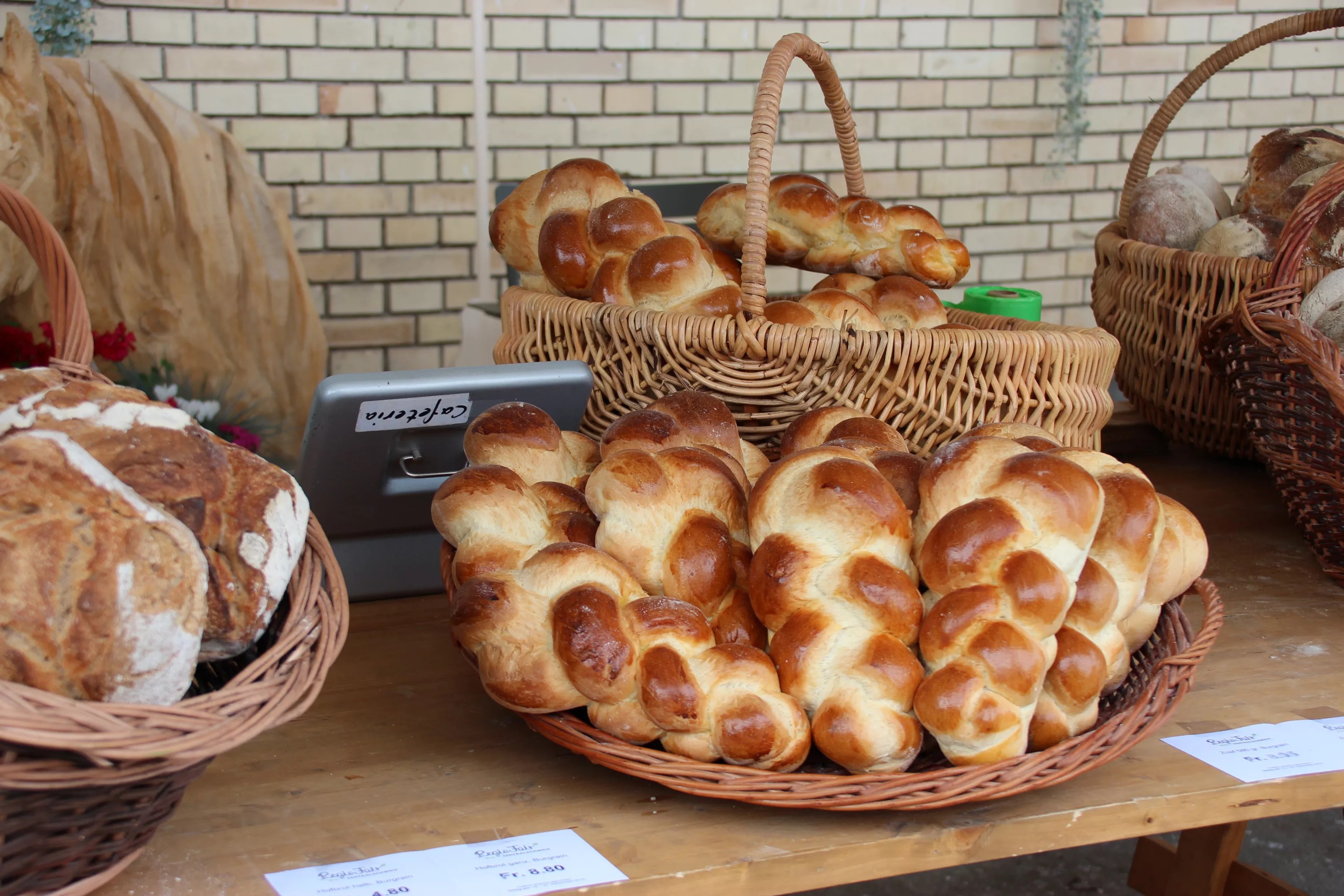
Valley Beit Midrash

Audio By Carbonatix
Imagine a smorgasbord of traditional Jewish dishes. What do you see? Brisket? Braided egg bread? Meat stews? Gefilte fish?
How about vegan lox? Or matzah balls made without egg and chicken fat?
Jewish food isn’t all chopped liver, and this is where The Synagogue Vegan Challenge steps in. It offers animal-free alternatives to traditional meat-based Jewish foods.
The national challenge is co-sponsored by Jewish animal advocacy group SHAMAYIM, founded in 2012 by actress Mayim Bialik, rapper Matisyahu, and our own Phoenix-based Rabbi Dr. Shmuly Yanklowitz.
Yanklowitz has been vegan for 10 years and has authored two books on the subject, The Jewish Vegan (2015) and Jewish Veganism and Vegetarianism: Studies and New Directions (2019). He leads the nonprofit adult education program Valley Beit Midrash and founded the activist organization Arizona Jews for Justice.
“This is kind of an interesting synergy, where I work in the local Jewish community around education and social justice,” Yanklowitz says, “and I lead this national Jewish vegan movement.”
The Synagogue Vegan Challenge, launched in 2017, gives grants to synagogues nationwide to develop vegan education programs and promote plant-based meals. That includes vegan versions of traditional dairy- and meat-based Jewish dishes.
“Many vegans or vegetarians within Jewish institutions are eager to build communities or committees that are exposing others to these ideas through films, books, and discussion groups,” Yanklowitz says. “We’ve found it to be very successful as a national program.”

Challah bread can be made egg-free for a vegan version.
Monika Baechler/Pixabay
Yanklowitz says there has been some resistance to the movement within the Jewish community but emphasizes the Synagogue Vegan Challenge is about choice. He says there are always “a few ideological carnivores” who feel threatened by the introduction of more vegan options, and yet, it hasn’t been a major holdup.
“Synagogue leadership makes it clear they’re not going to be attacking people’s food options,” he says. “And most synagogues are not going vegan overnight. As synagogues get more traditional, they tend to be even more and more wedded to those customs of their food options. Nonetheless, we find a major chunk of applications come from Orthodox communities.”
To bring it back home, Temple Chai in Phoenix was one of seven synagogues chosen to be in the fourth cohort of the 2020-2021 Synagogue Vegan Challenge. Programming includes Zoom webinars with local culinary experts. There was even a pre-Thanksgiving class called “The Greening of Gratitude” with Chef Maude Beechamp from Verdura that focused on plant-based alternatives for holiday meals.
“We’re so fortunate that you can produce virtually any parts of the traditional Jewish cuisine in a vegan manner,” Yanklowitz says. “A big part of our educational approach is … actually about cooking and showing people how they can produce vegan matzah ball soup and egg-free challah.”
Applications for the fifth cohort of the Synagogue Vegan Challenge will reopen in the fall. In the meantime, SHAMAYIM has recipes posted for a plant-based Shabbat (including lentil soup, vegan scallops, and creamy apple kugel), a vegan Passover (including matzah ball soup, jackfruit brisket, and ratatouille), and a vegan Shauvot (cashew mac and cheese, chickpea quiche, and vegan blintzes).
Synagogues are also free to email lisa@shamayim.us for consultations about bringing plant-based eating to their congregation.
“We try to articulate the message that this is really not about a sacrifice,” Yanklowitz says. “This is an opportunity for growth.”